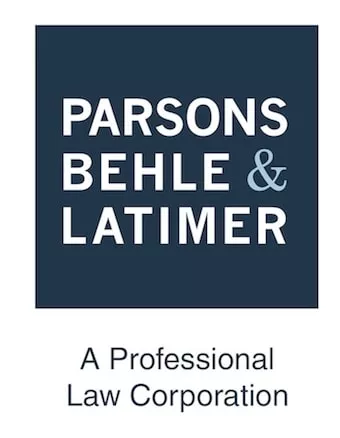The United States Department of Health and Human Services (HHS), through its Office for Civil Rights (OCR), has long prioritized access to healthcare by minorities and the disabled. In furtherance of this mission, Section 1557 of the Affordable Care Act was enacted in 2010. Section 1557 has often been characterized as one of the most powerful tools for the government in ensuring all individuals have access to nondiscriminatory healthcare.
Section 1557 prohibits discrimination against any individual on the basis of race, color, national origin, age, disability or sex by health programs (Covered Entities) that receive federal funding. Covered Entities include, but are not limited to, hospitals, physician practices, pharmacies, health clinics, nursing facilities, community-based health care providers, and state and local health agencies.
Since its enactment in 2010, Section 1557 has been enforced in several successive presidential administrations. In May 2024, under the Biden administration, OCR published a final rule that, among other things, expanded protections to individuals on the basis of gender identity, and to individuals whose primary language is not English, sometimes referred to as individuals with limited English proficiency (LEP). While the former is currently subject to contentious litigation, the latter remains effective.
As to nondiscriminatory protections for individuals with LEP, the final rule was published after OCR found many Covered Entities out of compliance with the requirements for language access. The final rule outlines specific requirements to ensure individuals with LEP have "meaningful access" to healthcare. Under the final rule, Covered Entities must "take reasonable steps to provide meaningful access" to any individual with LEP who is "eligible to be served or likely to be directly affected by" the Covered Entities.
"Meaningful access" means "ensuring that language barriers do not prevent individuals from obtaining necessary health services and care." The "reasonable steps" outlined by the OCR include:
- Providing free, accurate and timely language assistance services
- Offering qualified interpretation and translation services, when requested
- Requiring any machine translation service to be reviewed by a qualified human translator, absent exigent circumstances
- Providing appropriate notice of nondiscrimination
- Providing appropriate notice of availability of language assistance services and auxiliary aids and services
- Appointing a Section 1557 coordinator if the Covered Entity has more than 15 employees
It should be noted that Covered Entities must bear the cost of the above compliance tasks. In particular, Covered Entities must pay the cost of interpreters and translators.
To comply with Section 1557, Covered Entities should identify and assess the language needs of their respective populations; establish and implement clear policies and procedures for providing language assistance services; ensure staff are trained on the above requirements; provide qualified interpreters and translators; and regularly monitor the effectiveness of the Covered Entities' language assistance services. By engaging in the preceding, Covered Entities can avoid complaints to and investigations by OCR but, more importantly, Covered Entities enhance their ability to provide high-quality, equitable healthcare to all individuals.
The content of this article is intended to provide a general guide to the subject matter. Specialist advice should be sought about your specific circumstances.


